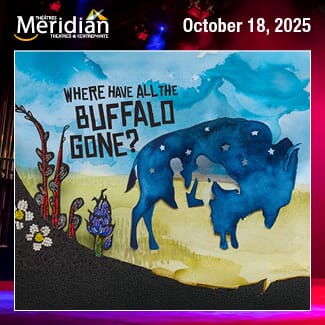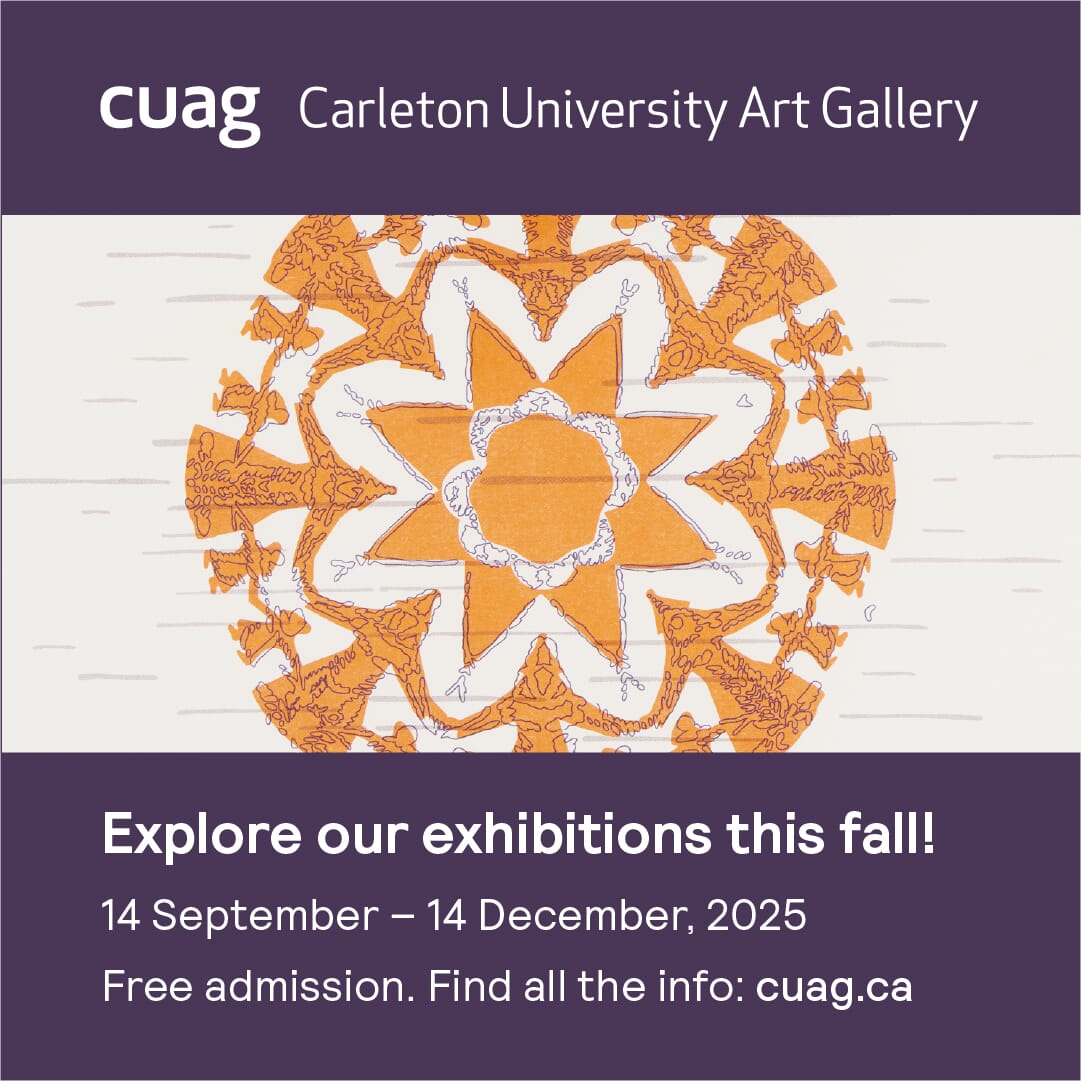This past September, local author Wendy MacIntyre released Lucia’s Masks, a science fiction/fantasy novel published by Thistledown Press. Set in a dystopian future, the story opens with Lucia, a young woman who lives in The City, a tragic and dehumanizing place that has been taken over by a brutal dictatorship.
When Lucia decides to escape, she meets five other people on the road who, for their own reasons, are also fleeing. When their quest seems all but lost, the group finds six Greek Tragedy masks that will unlock their futures.
Apartment613 contacted MacIntyre to learn more about Lucia’s Masks, which is her fourth book.
Apartment613: After reading your book, it occurred to me that your work is fantasy for thinking people. What do you think of this description?
Wendy MacIntyre: I tend to think of fantasy as having an escapist, “other-worldly” setting, whereas the imagined society in my novel grows out of some inescapable realities of our time. For example, the faceless totalitarian controllers, who call themselves the EYE, keep the citizenry under relentless surveillance. This constant scrutiny leads to the kind of psychic wounds Edward Snowden warns us about: without privacy, we cannot be either who we are, or who we want to be.
So my six main characters find themselves up against a brutal, faceless junta that not only strips them of their privacy, but also pushes the state’s supreme value—the “economic imperative”—to an unconscionable extreme. The EYE institutionalizes a survivalist ethic that sees compassion and empathy as failings and all forms of art as frivolous.
In writing the book’s dystopian setting, I often thought of the cutbacks in social services and cultural programs that we’re seeing throughout the Western world. The novel looks at what might happen in a society whose rulers see the economy’s health as far more important than the well-being of its citizens.
Apt613: The world that you describe is a hellish place that has perverted sexuality, politics and the environment. What inspired you to base your story in a dystopian universe?
WM: The idea for the novel actually started with an imagined image I had of a line of people walking through the wilderness. I could see them at a distance: tiny figures silhouetted against the evening sky and they were obviously very weary. Gradually I came to see that they were a diverse band of pilgrims in flight from an unbearable situation and seeking a far more livable reality.
I knew that when they came to the end of their journey, they would create their own ritual, in recognition of all they had come through. Lucia was the first character to appear strongly and one of her greatest fears was of the Rat-Men, hybrid monsters that embody the people’s general anxiety about state repression and its experiments with genetic engineering.
Lucia becomes the forager for the group. They are six very different individuals who band together to travel north to escape the state’s institutionalized barbarism and live by the ideals they’ve managed to preserve.
The novel enters into their thoughts, and we see how each one must contend with the psychic contamination of the horrors they’ve witnessed. But they persist on their journey, through external dangers and internal tensions, keeping alive the seeds of art and literature and values they cherish.
Lucia is a potter who carries in her pack the life mask of her personal inspiration, John Keats. Then there is the Outpacer, a filmmaker, who hides his face in a monk’s cowl and is seeking to atone for a past crime; Bird Girl, a former sex trade worker so in love with books, she has risked her life to obtain them; Candace, a domineering social facilitator; Chandelier, a teenage boy who spent most of his life secluded in a self-sustaining fortress where he absorbed the riches of his father’s library; and 88-year-old Harry, who spent decades mapping the disintegrating ice of Antarctica, the place he loves best on earth.
Apt613: In the book the sky is used as a projection screen to display movies that are used to control the population. Where did you get this interesting idea from?
WM: The sky-screens are an extreme symbol of the constant bombardment of manipulative imagery we are subjected to every day, whether from corporations, the entertainment industry or governments. These images often propagate a subtle form of brainwashing that creates hierarchies of human beings, with A-list celebrities at the top.
The EYE uses this kind of propaganda in its sky-screens, showing semi-pornographic films featuring the rich and famous, and this “entertainment” helps keep the unemployed lethargic and controllable. The EYE literally colonizes the sky with the mushrooming screens so that people can no longer look up at the clouds or constellations. They have no place left to dream.
Apt613: After finishing the book, what are your thoughts on what it means to be human?
WM: The book confirmed for me how central empathy and compassion are to sustaining our humanity. I also came to see how vigilant we have to be in nourishing hope in a dark time. As Lucia says at the end of the book, we must add to our store of hope each day.
Apt613: Are you currently working on any literary projects?
WM: Yes, I am just finishing up a novel focusing on a group of young animal rights activists, and the Florentine Renaissance painter Piero di Cosimo who created some wonderful portraits of animals.













